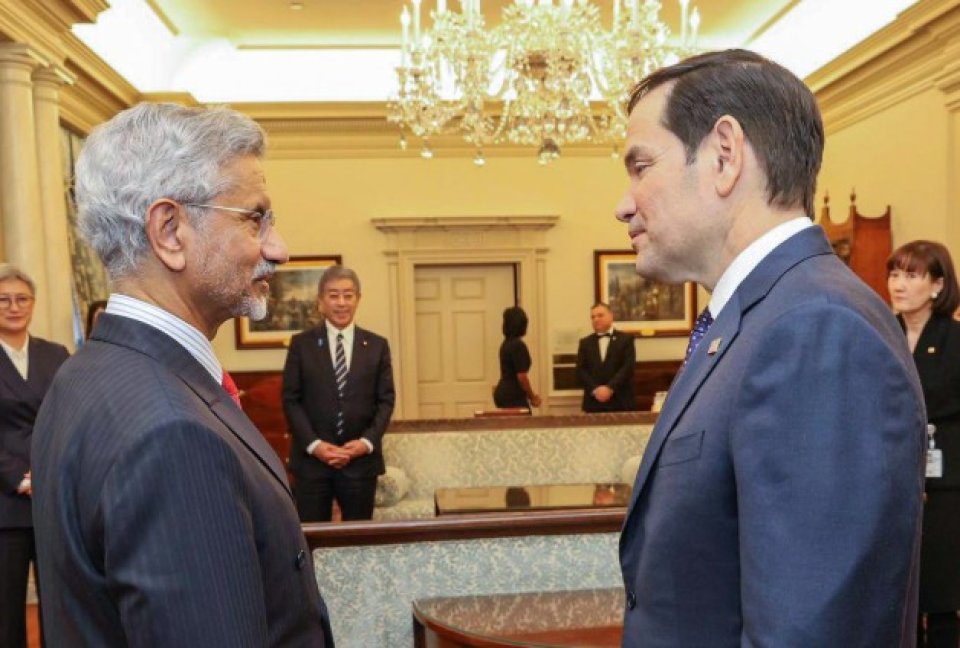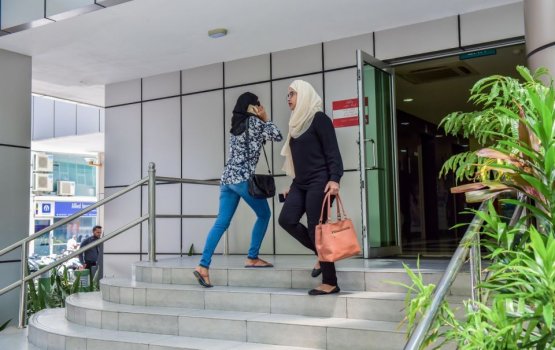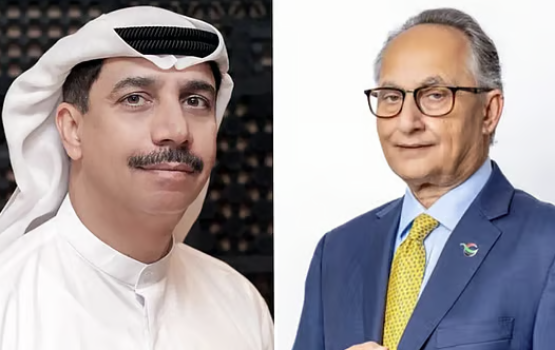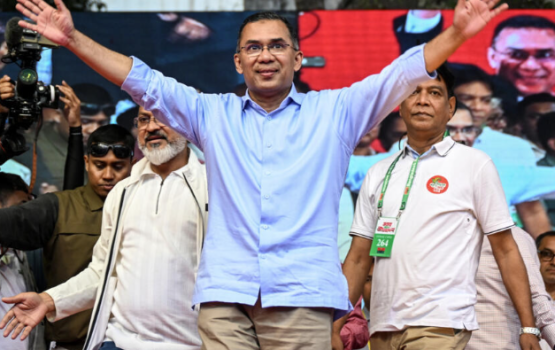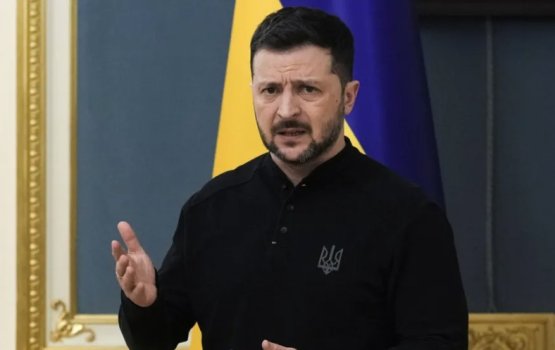India has opted for a distinctive approach in response to the trade challenges arising from the tariffs imposed by US President Donald Trump. While many nations, including China and Canada, retaliated with reciprocal tariffs after Trump's announcement, India chose a different path. Instead of imposing similar tariffs, New Delhi decided not to retaliate to the US's 26% tariff hike. India also refrained from reducing its own tariffs on American goods. Instead, the Indian government reportedly plans to absorb, adjust, and rework the trade dynamic to minimize the impact on Indian exporters while accelerating negotiations for a mutually beneficial trade deal with the United States.
Before Trump’s tariffs were even implemented, India had positioned itself strategically by being one of the first nations to initiate a major trade pact with the US, setting the stage for future cooperation.
Jaishankar-Rubio Phone Call
On Monday, India's External Affairs Minister S. Jaishankar and US Secretary of State Marco Rubio spoke by phone to discuss the importance of an "early conclusion" to a bilateral trade agreement, which both leaders believe would benefit both countries. They also engaged in a detailed discussion on key geopolitical issues, including the Indo-Pacific region, the Indian subcontinent, Europe, the Middle East/West Asia, and the Caribbean.
Following the conversation, Dr. Jaishankar tweeted, "Good to speak with Secretary Marco Rubio today. Exchanged perspectives on the Indo-Pacific, the Indian Sub-continent, Europe, Middle East/West Asia, and the Caribbean. Agreed on the importance of the early conclusion of the Bilateral Trade Agreement. Look forward to remaining in touch."
According to Reuters, an official from the Indian government revealed that New Delhi has examined a clause in Trump's tariff policy that could offer relief to trading partners who "take significant steps to remedy non-reciprocal trade arrangements."
An additional government official mentioned that India is in a better position than other Asian nations like China, Vietnam, and Indonesia, which have been hit harder by the US's reciprocal tariffs. Both India and the US are working towards finalizing a trade deal by autumn 2025, with hopes of resolving tariff-related disputes entirely.
India's Recent Moves
India has indicated that, with the US's reciprocal tariffs now in place, trade negotiations will be conducted on equal terms, meaning that Washington’s prior demands for removing subsidies in sectors such as pharma and agriculture will no longer apply.
In an effort to strengthen ties with the US, India has taken several steps to win over President Trump. These include lowering tariffs on premium bicycles and bourbon whiskey, as well as abolishing a tax on digital services that impacted major US tech companies like Google, Microsoft, Meta, Amazon, and X.
India's Commerce Ministry is actively monitoring the immediate effects of Trump's tariffs, gathering feedback from stakeholders, particularly exporters who are most vulnerable to the changes, such as diamond merchants. The ministry is also exploring potential opportunities that may arise from these tariff adjustments.
Robust India-US Ties
India and the United States share a broad-based global strategic partnership, which spans nearly every major sector. The relationship is driven by mutual democratic values, converging strategic interests, and dynamic people-to-people engagement. High-level exchanges continue to play a vital role in strengthening bilateral cooperation.
The two countries also maintain a strong economic partnership, with a goal to more than double bilateral trade to $500 billion by 2030, up from over $190 billion currently. Both nations invest heavily in each other’s economies. In the financial year 2023-24, the US was India's third-largest source of foreign direct investment (FDI), contributing $4.99 billion, or about 9% of total equity inflows. Indian companies are also making significant investments in the US, with a 2023 CII study revealing that 163 Indian firms have invested over $40 billion, creating approximately 425,000 direct jobs in America. (NDTV)

